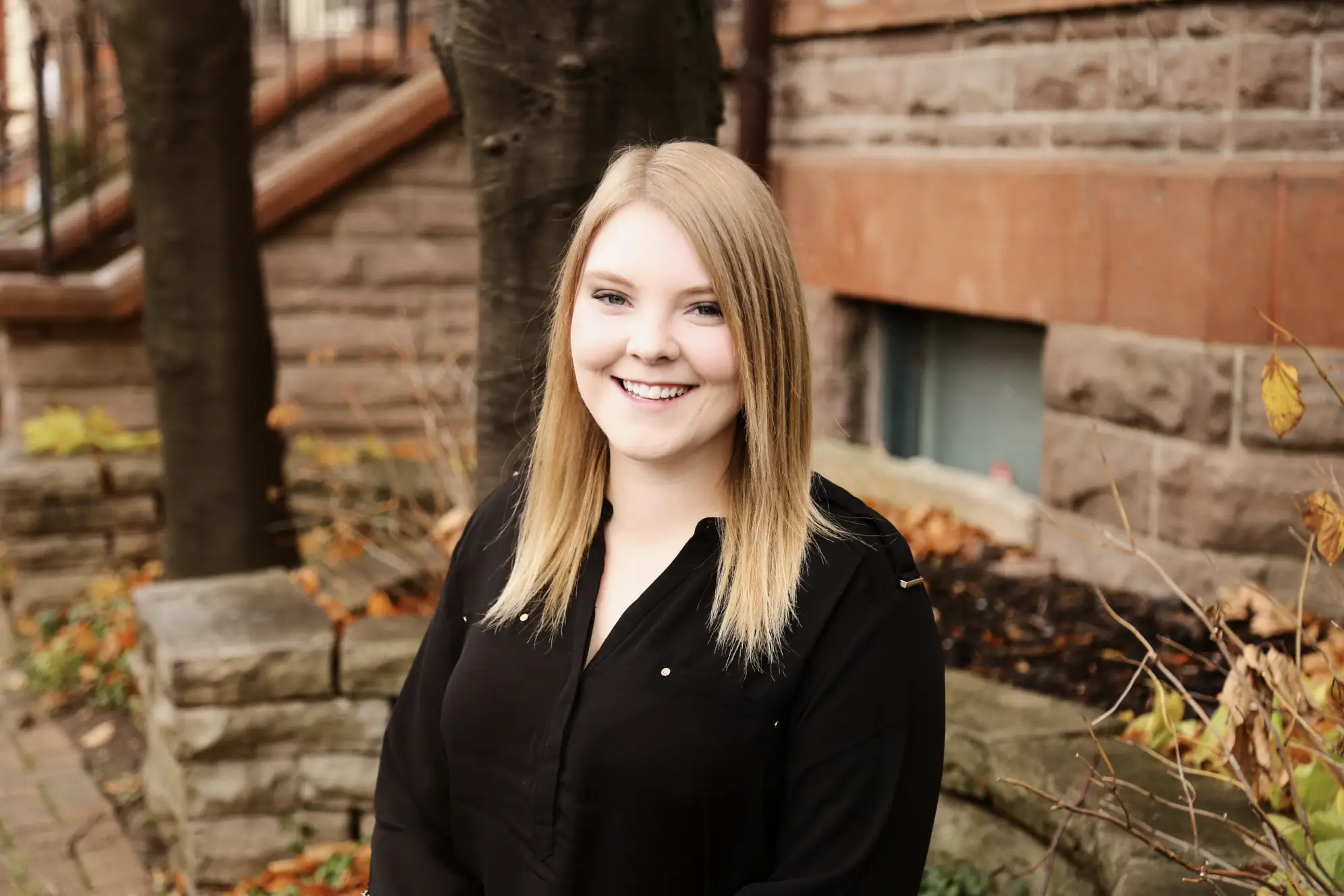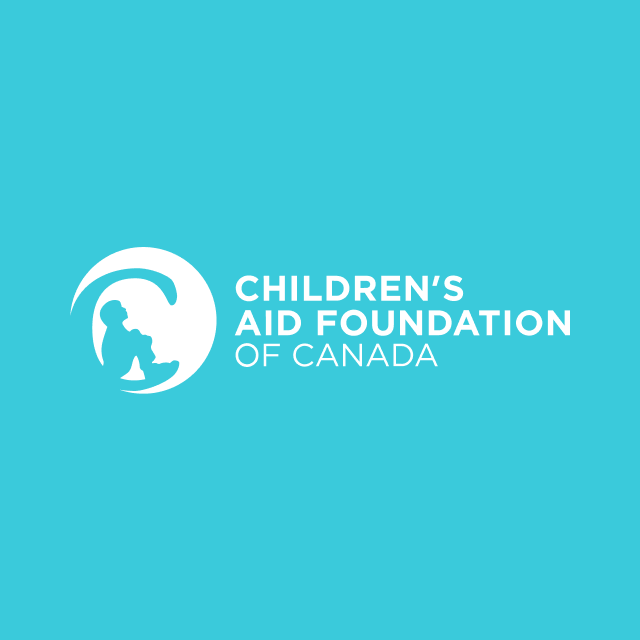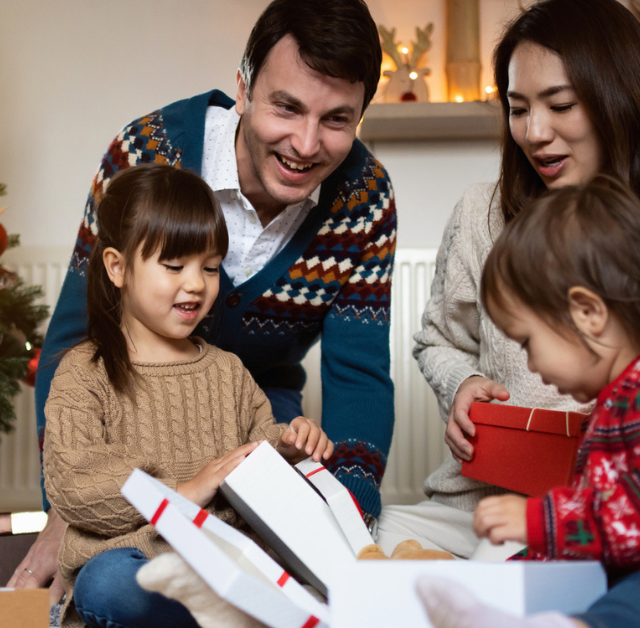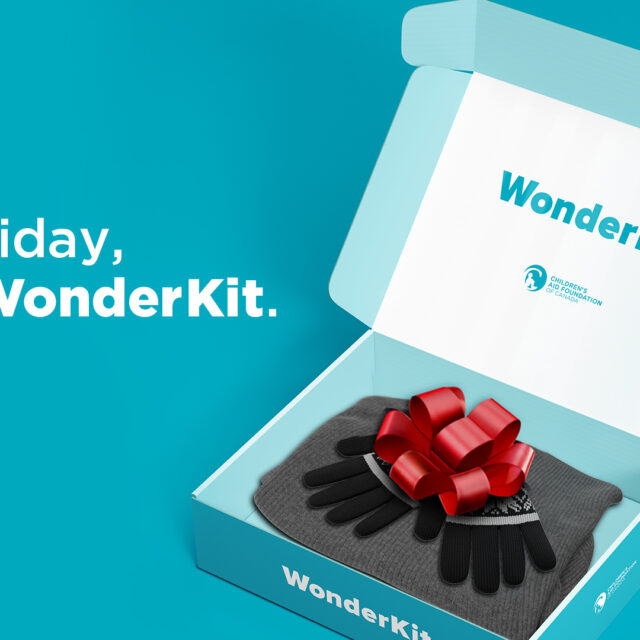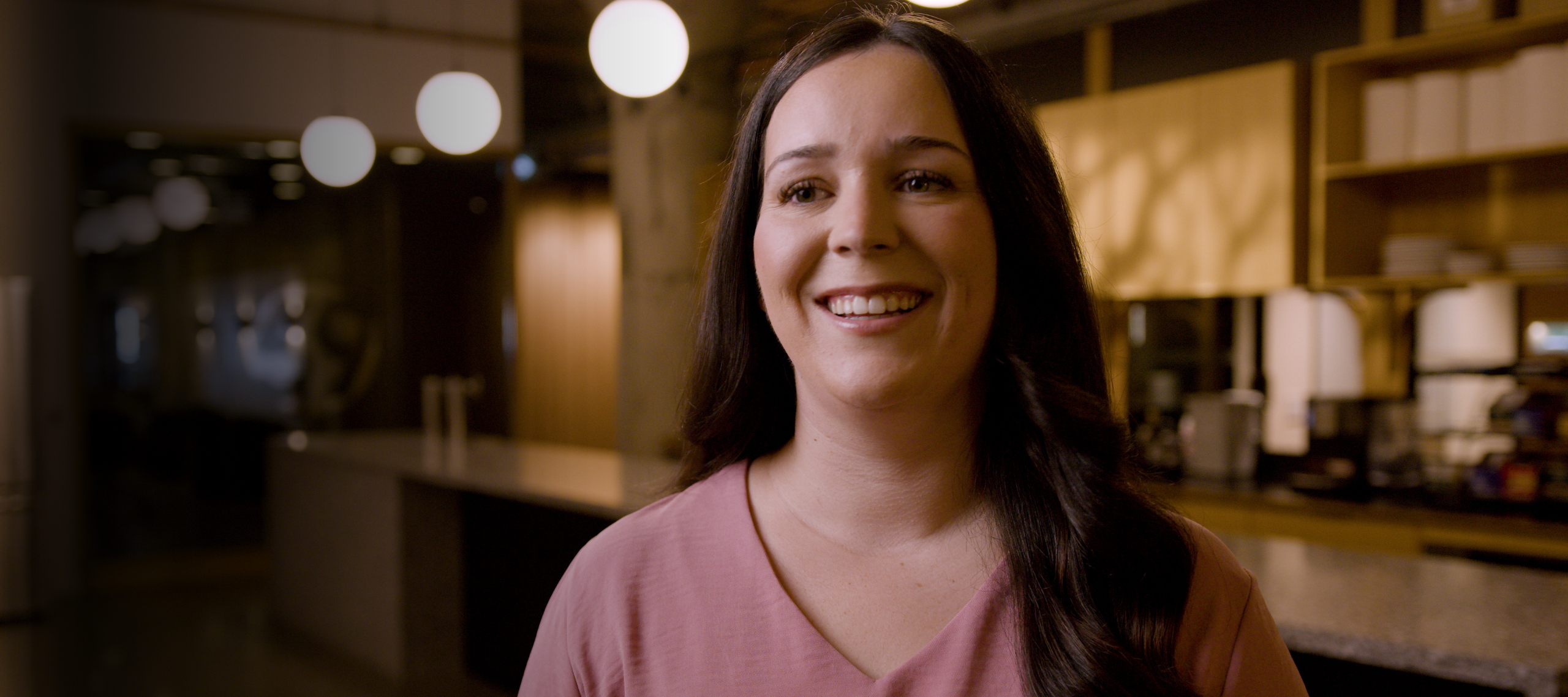Although December is a month of festive charity, it can also be a month of extreme loneliness for many youth from care. Each year, nearly 2,300 kids across Canada age out of care at the age of 18 or 19. For many, this independence means they become separated from their foster families or group homes, and without any connection to their biological families, they’re left completely alone throughout the holiday season. This can create overwhelming feelings of depression for many who are still struggling to address lingering effects of past abuse and neglect. Building strong attachments with others is key to establishing a sense of self-worth and stable independence.
RILEY entered the care system at the age of 14, and later became a Crown ward. Forming a close bond with her foster family, she was able to gradually build her trust and work to overcome challenges with attachment that many youth from care face. Now 21, and a student at the University of Waterloo, Riley is working towards her Bachelor’s in Social Development Studies, with a specialization in Social Work. She one day hopes to work with youth in care through equine-assisted therapy.
*The opinions and views expressed in this article are that of the youth in profile, and not necessarily reflective of the official opinion or position of the Children’s Aid Foundation.
The holiday break is really, really long – almost a whole month. At the time, I was struggling because I felt like once I left care, my foster family wouldn’t want me anymore. That was hard. That’s not how they wanted it to be, but I didn’t know how to express that I wanted that family connection without feeling incredibly vulnerable. I just never talked about it; it was way too scary to say out loud.
“I came into care when I was really young; my mother struggled with mental illness and substance abuse, and I ended-up caring for my younger brother. I was in and out of care, and eventually my grandparents took us in. We lived with them until I entered grade nine, and then my grandparents could no longer care for us, and left us with my aunt, which also broke down. I was placed with my foster family at the start of grade 10, and I stayed with them throughout high school. They’re the family I now still go home to visit.”
“My experiences in care might have been a bit different than other kids; I was lucky because my foster family fought for me. I went to their horse camp even before I moved-in with them. A lot of kids have fear because they’re unsure of who they’re being placed with, whereas I wanted to be with this family, and we fought for my Crown ward status. The experience with my foster family was good, but there were still struggles. Mainly challenges with abandonment; it wasn’t until recently that I was really able to open-up to my foster family; it’s been a long process.”
“To this day, many people I consider friends don’t even know that I was in care; I just never talked about my family with them. If they asked, I would’ve told them, but nobody asked. When I was missing school to help care for my aunt or brother, (which was how the Children’s Aid Society got involved in the first place), I think most people just thought I was sick. And when I moved-in with my foster family, I think people just assumed I moved onto a farm. I didn’t want to highlight that I was in care; I was already worrying internally about being accepted, I didn’t need people asking me questions about it, too.”
“My foster family accepts so many kids from care into their horse camp program; there’s a week where almost half of the kids are from care. When I was in high school, I had my worker and my foster mother, and also two foster siblings who came into care at the exact same time that I did. When I left my foster home and went on independent living, that’s when I started struggling. I was 17 when I entered university because I have a late birthday, and I just didn’t know how to advocate for myself to get the resources I needed. The holiday break is really long – almost a whole month. At the time, I was struggling because I felt like once I left care, my foster family wouldn’t want me anymore. That was hard. That’s not how they wanted it to be, but I didn’t know how to express that I wanted that family connection without feeling incredibly vulnerable. I just never talked about it; it was way too scary to say out loud.”
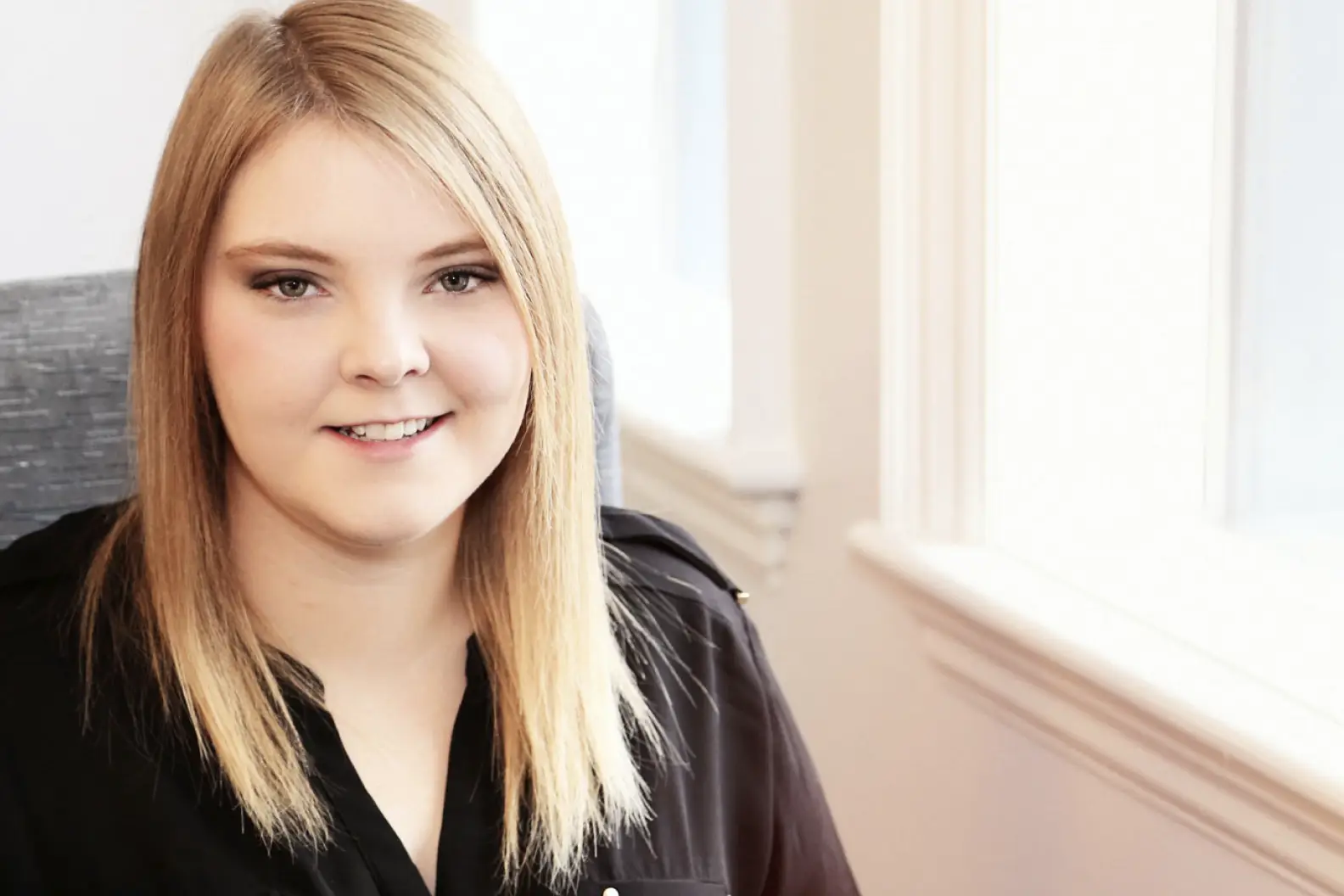
“For lots of kids from care, [it feels like] there’s a line that exists between the foster kids and the foster parents’ biological children. It’s not about the presents, it’s about the divide. The foster kids are like family, and then there’s their actual family. And, some youth feel bad for feeling hurt because their foster family has done so many great things for them.”
“The drop-in holiday program funded by the Children’s Aid Foundation is really important because of that connection with other youth in care; of just being able to show-up and having others recognize that if you’re at a drop-in program, there’s a reason you’re there, and you don’t have to explain it. If you’re feeling a little low on Christmas Day, for example, people will understand that.”
“To me, family is who you’re attached to; it could be friends, it could be co-workers, it could be foster family. You want a group of people who you consider family to fall back on emotionally. And, there are so many triggers around the holidays because there are so many family events. For example, many foster kids need to be invited to family events, whereas most other kids just automatically assume they’re welcome, and don’t need to be invited. It can create a bubble of loneliness. Travel and housing reimbursements for youth from care, [which are funded through the Children’s Aid Foundation], are also amazing and helpful. There are a lot of gaps to fill during the holiday season and it really matters to help former youth in care feel like they belong. Humans are a social species; we’re not supposed to be alone, especially while we’re still developing.”
“One day, I want to be an equine-facilitated psychotherapist, which means I want to work with horses as a gateway to facilitating therapy for youth in care. I’m currently working with a therapist who runs her practice from my foster family’s farm, and that’s exactly what I want to do. I’d love to eventually have my own practice. I’d also like to have a family of my own.”
Support young people like RILEY in achieving their full potential.
